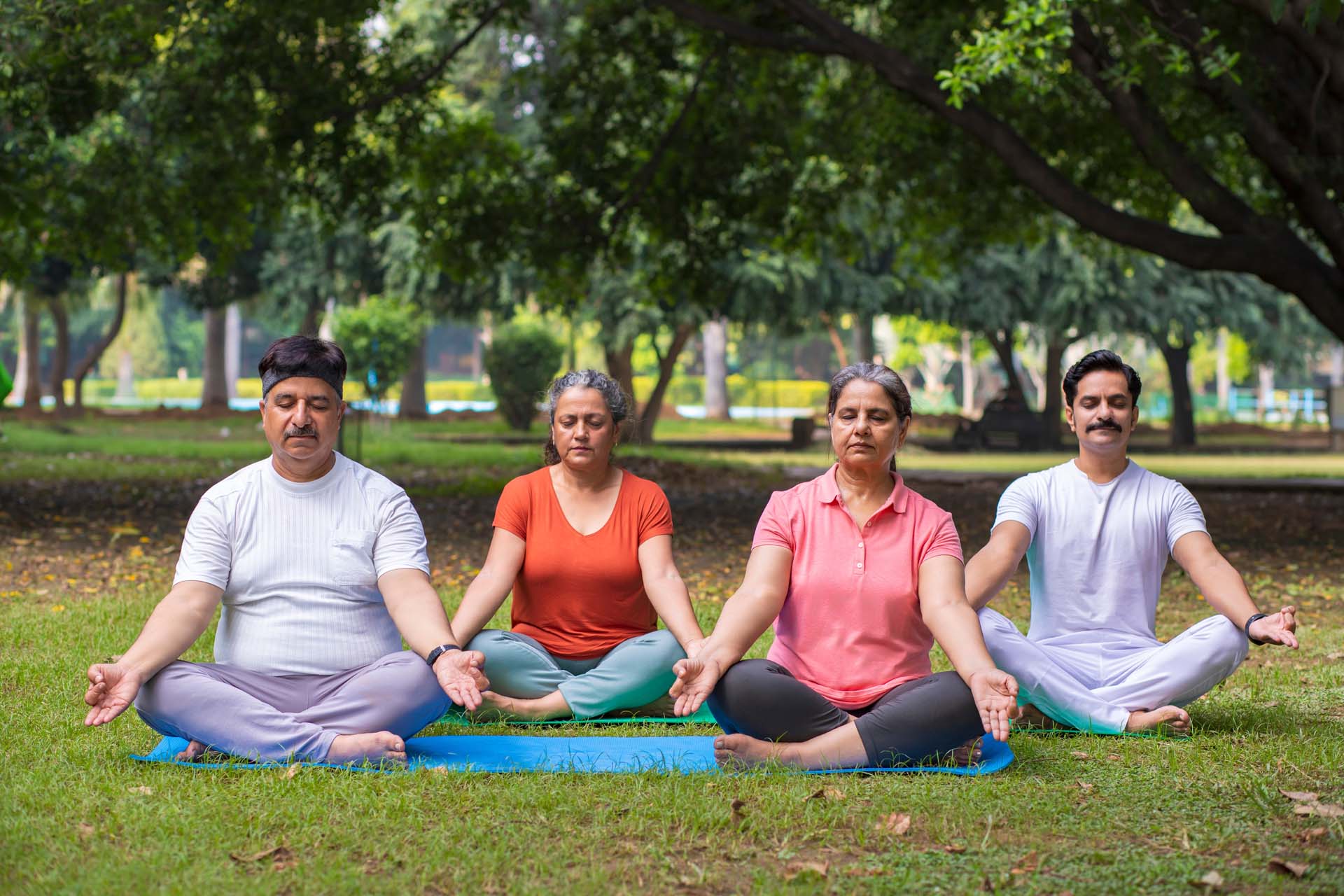
While many people look forward to Christmas, there are just as many who dread it.
That might be because of loneliness at Christmas, or missing loved ones, or because you work so hard to please others that you neglect yourself. For some people it's that winter affects their mood. We'll explore all of these below.
Christmas is a time when many of us miss loved ones - those who are no longer with us, and perhaps others who are spending Christmas elsewhere. Loneliness can be felt more keenly because of the cultural narrative that it's a time to spend with family and friends.
New data from UK Finance, which represents more than 300 financial services firms, has found that over half (58%) of people in the UK feel lonely at least sometimes.
The charity Age UK estimates that around 1.5 million people over 65 will be feeling lonely at Christmas, with one million of them planning on eating Christmas Day dinner alone.
Loneliness can have serious consequences. These include effects on your health, such as increased risk of heart disease, stroke, depression and anxiety. And it can even damage your finances too. This year UK Finance is warning that loneliness and isolation could leave people vulnerable to scams. Isolation can make people prime targets for fraudsters who attempt to befriend and manipulate them into passing on personal and financial information. Scammers can pose as a romantic interest, a concerned friend or family member or a trusted organisation.
Giles Mason, spokesperson for the Take Five to Stop Fraud campaign, said: “Fraud is a terrible crime that preys on people’s vulnerabilities. During the Christmas period, loneliness can leave people more susceptible to scams. Criminals are very cunning and will try to exploit the goodwill and emotions of the season to build trust and manipulate their victims.
“We urge everyone to stay vigilant and never share personal or financial information with someone you don’t know. Always check who you’re dealing with, even if they seem genuine. If something doesn’t feel right, stop and seek advice.”
Professor Andrea Wigfield, Co-Director of the Campaign to End Loneliness (CTEL) said "Loneliness is a deeply personal and often invisible struggle that can leave people feeling longing for connection, especially during the festive season. Scammers can exploit this vulnerability, pretending to offer friendship or romance while working to steal from their victims. It’s a cruel betrayal of trust that can have devastating effects. We urge everyone to be cautious when interacting with strangers online or over the phone and to look out for others who may be feeling lonely.”
GP and Saga Magazine columnist Dr Mark Porter says: “Never underestimate the toll of loneliness on mental and physical wellbeing. Some people do prefer their own company, but they are few and far between and most of us need – and thrive on – regular social interaction.
“Age UK estimates that 1.5 million people struggle with loneliness at Christmas, which is why it has volunteers offering telephone and face-to-face befriending services. I know it can seem a big step to strike up a conversation with a stranger but the charity – and its Silver Line phone line – has a lot of experience in helping people who are feeling lonely.”
The Silver Line is open 24 hours a day, 7 days a week. It's free to call on 0800 4 70 80 90. You can call if you're feeling lonely, isolated or worried, or if you need practical support.
As well as Age UK, there are lots of other organisations out there that can help if you’re struggling with your mental health or experiencing loneliness.
Sometimes Christmas can feel difficult because you're trying to keep everyone happy. It's often a time of year when there is a lot going on, and many of us naturally want to bring happiness to the people in our lives. But that shouldn't come at the expense of your own happiness. It can also be useful to remember that other people's happiness is usually out of our control.
Shorter winter days can affect mood, which may explain any recurring episodes of depression at this time. Around one in 30 people in the UK experiences winter-related episodes of low mood caused by seasonal affective disorder (SAD).
Common symptoms include:
SAD can be helped by medication (antidepressants) and talking therapies, such as cognitive behavioural therapy.
Light therapy, essentially sitting near special light boxes that mimic sunlight, is another option, as is spending as much time outside on bright, wintry days as possible. Daylight falling on the back of the eye triggers chemical changes in the brain that can make you feel better – a benefit light boxes mimic.


Yoga is a great exercise for everyone. If you want to have a go, but don't know where to start, try our best beginner yoga poses


The best yoga poses to build strength and make your life more comfortable

